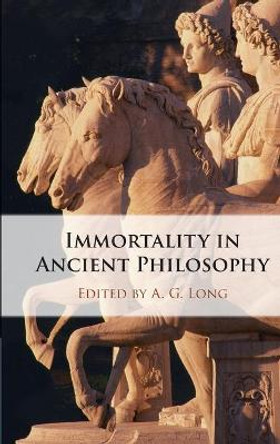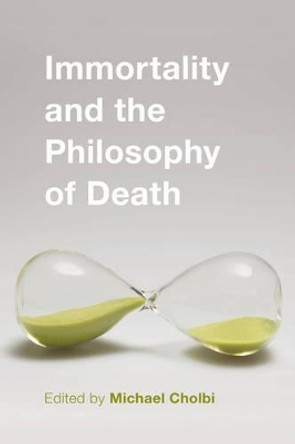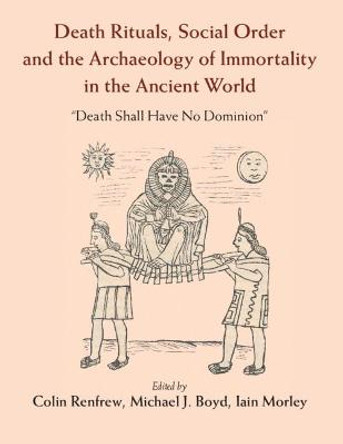Death and immortality played a central role in Greek and Roman thought, from Homer and early Greek philosophy to Marcus Aurelius. In this book A. G. Long explains the significance of death and immortality in ancient ethics, particularly Plato's dialogues, Stoicism and Epicureanism; he also shows how philosophical cosmology and theology caused immortality to be re-imagined. Ancient arguments and theories are related both to the original literary and theological contexts and to contemporary debates on the philosophy of death. The book will be of major interest to scholars and students working on Greek and Roman philosophy, and to those wishing to explore ancient precursors of contemporary debates about death and its outcomes.
Provides an accessible account of the variety and subtlety of Greek and Roman philosophy of death, from Homer to Marcus Aurelius.About the AuthorA. G. Long is Senior Lecturer in Classics at the University of St Andrews, Scotland. He has translated (with David Sedley) Plato's Meno and Phaedo (Cambridge, 2010) and is the author of Conversation and Self-Sufficiency in Plato (2013) as well as the editor of Plato and the Stoics (Cambridge, 2013).
Book InformationISBN 9781107451568
Author A. G. LongFormat Paperback
Page Count 240
Imprint Cambridge University PressPublisher Cambridge University Press
Weight(grams) 356g
Dimensions(mm) 229mm * 152mm * 13mm











